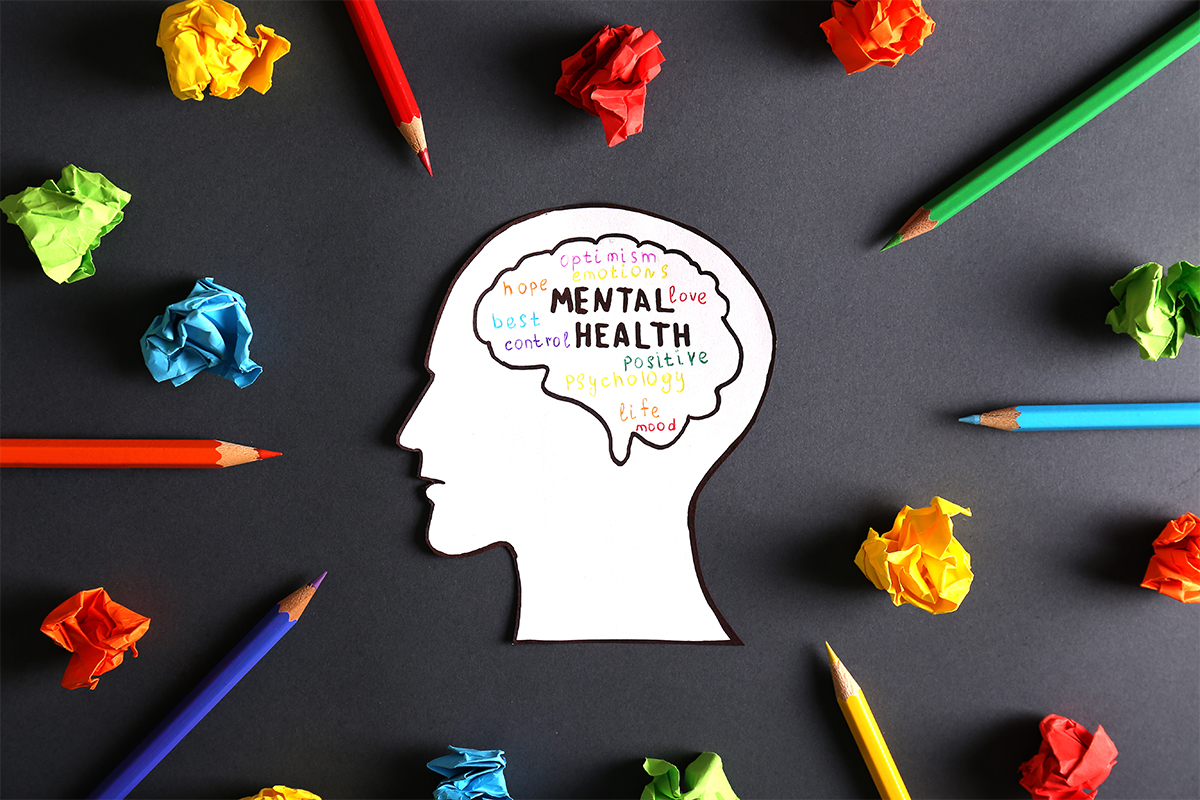Mental health awareness in schools has emerged as one of the most pressing educational priorities of our time. With rising rates of anxiety, depression, and behavioral challenges among students, educational institutions are recognizing that academic success cannot be achieved without addressing the psychological well-being of their learners. Schools serve as the primary environment where children and adolescents spend most of their waking hours, making them ideal settings for early identification, intervention, and support of mental health concerns.
By implementing comprehensive mental health awareness programs, schools can create nurturing environments that not only enhance academic performance but also equip students with essential life skills for emotional regulation, stress management, and resilience building. This holistic approach to education acknowledges that mental health is fundamental to student development and long-term success.
The Growing Mental Health Crisis in Educational Settings
The prevalence of mental health issues among school-aged children has reached alarming levels. Recent studies indicate that approximately 20% of adolescents experience a mental health disorder during their school years, with anxiety and depression being the most common conditions. These statistics represent not just numbers but real students struggling to navigate their educational journey while managing invisible challenges that significantly impact their learning capacity, social interactions, and quality of life.
Mental health challenges directly correlate with academic outcomes. Students experiencing anxiety, depression, or other psychological difficulties often demonstrate decreased concentration, memory problems, reduced motivation, and increased absenteeism. This creates a cyclical pattern where poor mental health leads to academic struggles, which in turn exacerbate psychological distress, creating barriers to educational achievement and personal growth.
Benefits of Implementing Mental Health Awareness Programs

Schools with robust mental health awareness programs can identify at-risk students before their conditions become severe. Early intervention strategies, including counseling services, peer support groups, and therapeutic activities, can prevent minor issues from escalating into major mental health crises. This proactive approach saves resources while providing students with timely support when they need it most.
Mental health awareness initiatives foster inclusive, understanding school cultures where students feel safe to express their emotions and seek help. When schools prioritize psychological well-being, they create environments that reduce stigma, encourage open communication, and promote emotional intelligence among all community members.
Students who receive adequate mental health support demonstrate better academic performance, increased engagement, and higher graduation rates. By addressing psychological barriers to learning, schools can unlock students’ full potential and create more equitable educational opportunities for all learners.
Effective Strategies for Mental Health Implementation
Educators and staff require comprehensive training to recognize mental health warning signs and respond appropriately. Professional development programs should include trauma-informed teaching practices, crisis intervention techniques, and strategies for creating mentally healthy classrooms that support all students’ emotional needs.
Mental health education should be woven into existing curricula through social-emotional learning programs, mindfulness practices, and stress management techniques. This integration normalizes mental health discussions and provides students with practical tools for managing their psychological well-being throughout their lives.
Partnerships with licensed counselors, psychologists, and community mental health organizations enhance schools’ capacity to provide comprehensive support services. These collaborations ensure students receive appropriate care while maintaining educational continuity and support.
Mental health awareness in schools represents a fundamental shift toward holistic education that recognizes the interconnection between psychological well-being and academic success. By implementing comprehensive mental health programs, schools can create supportive environments that nurture both intellectual and emotional growth, preparing students for lifelong success and resilience.

